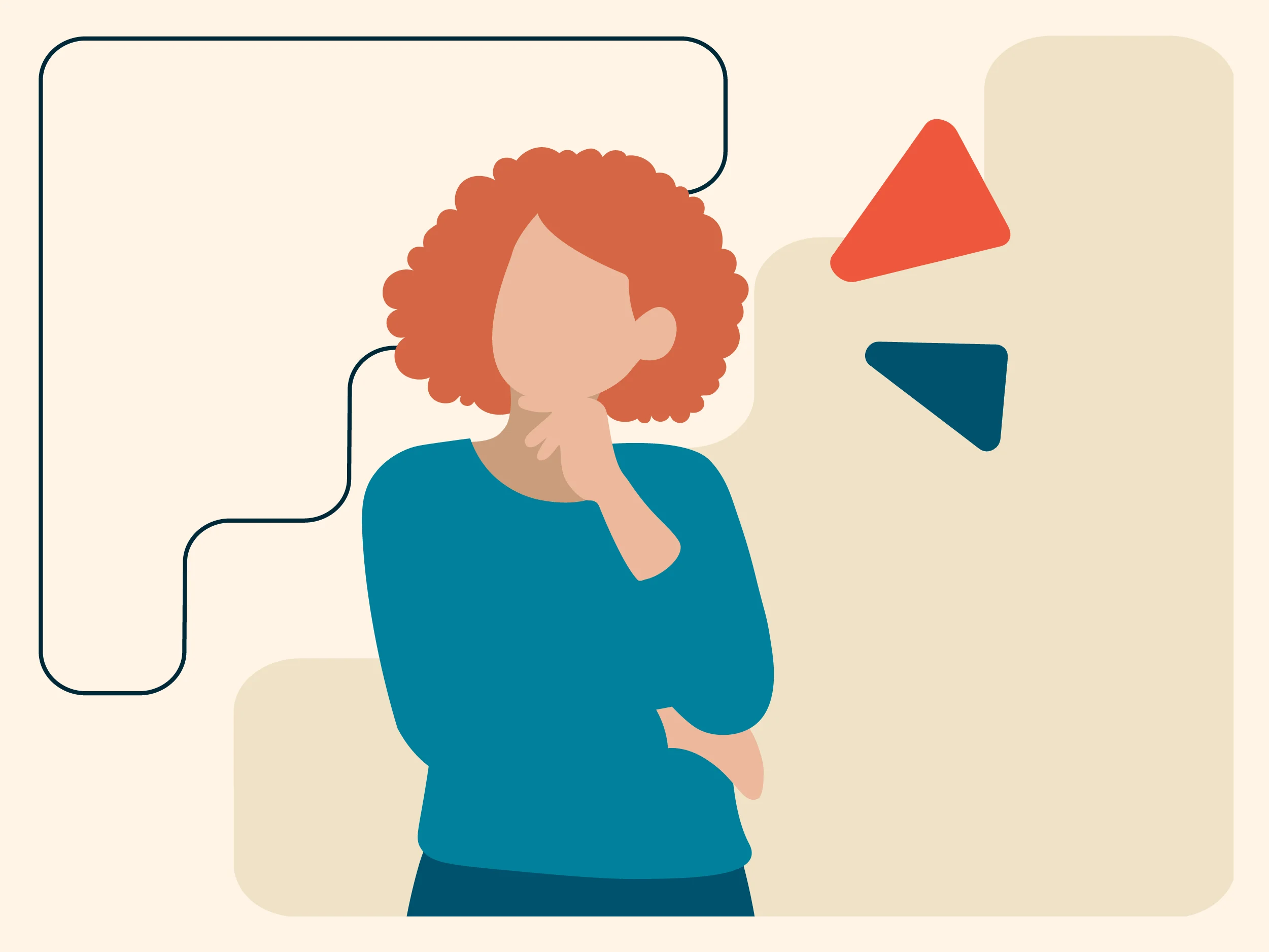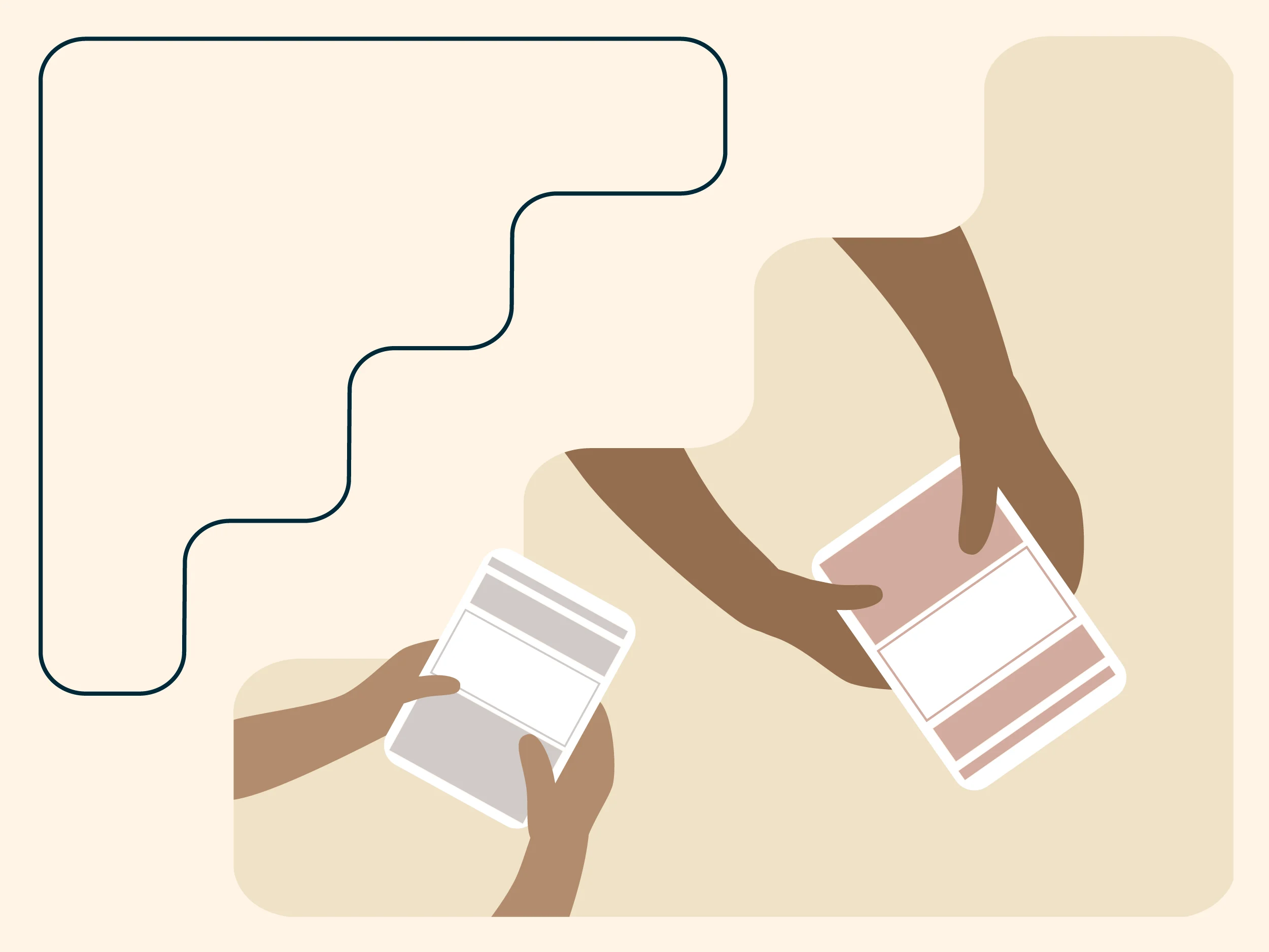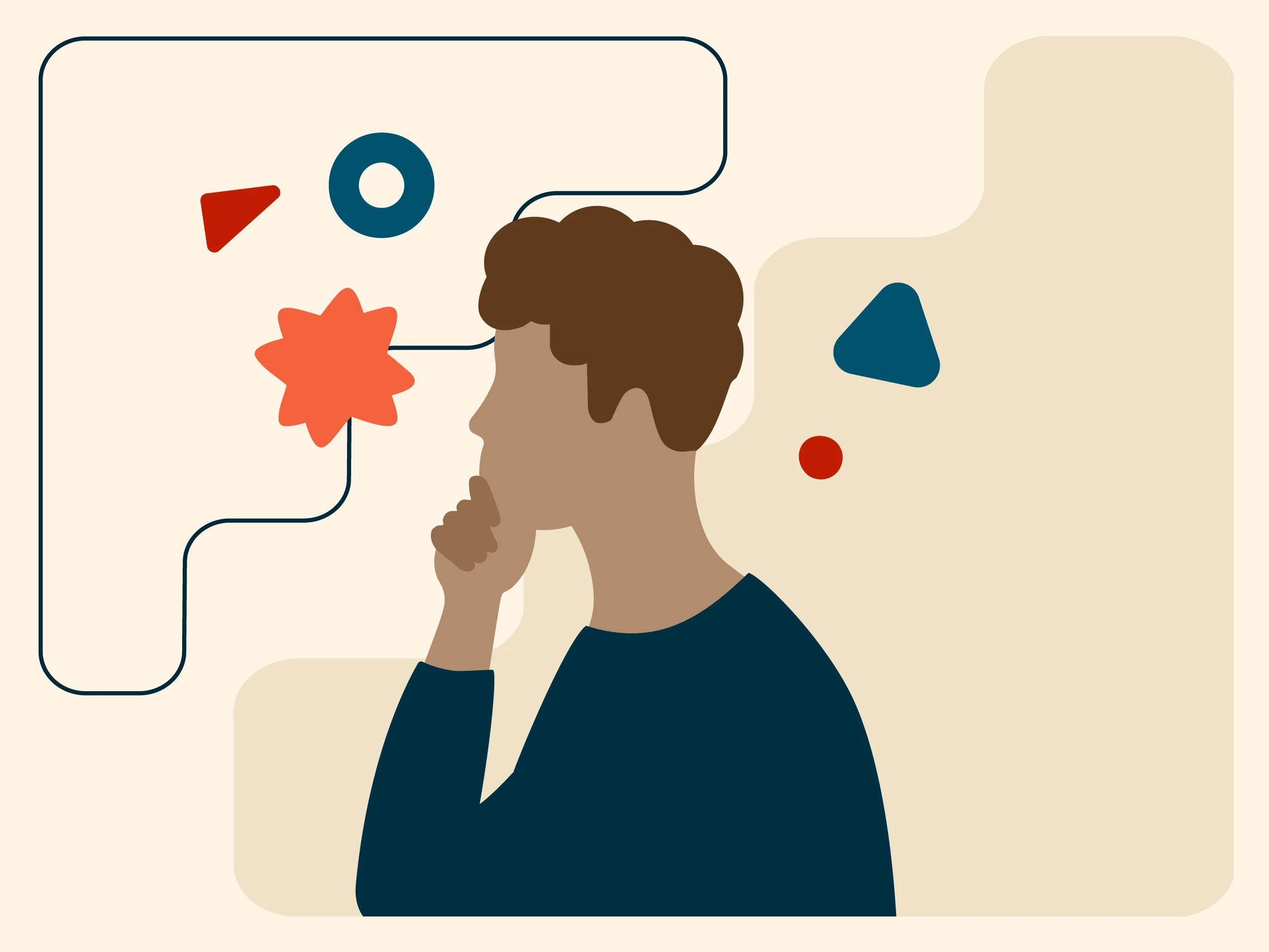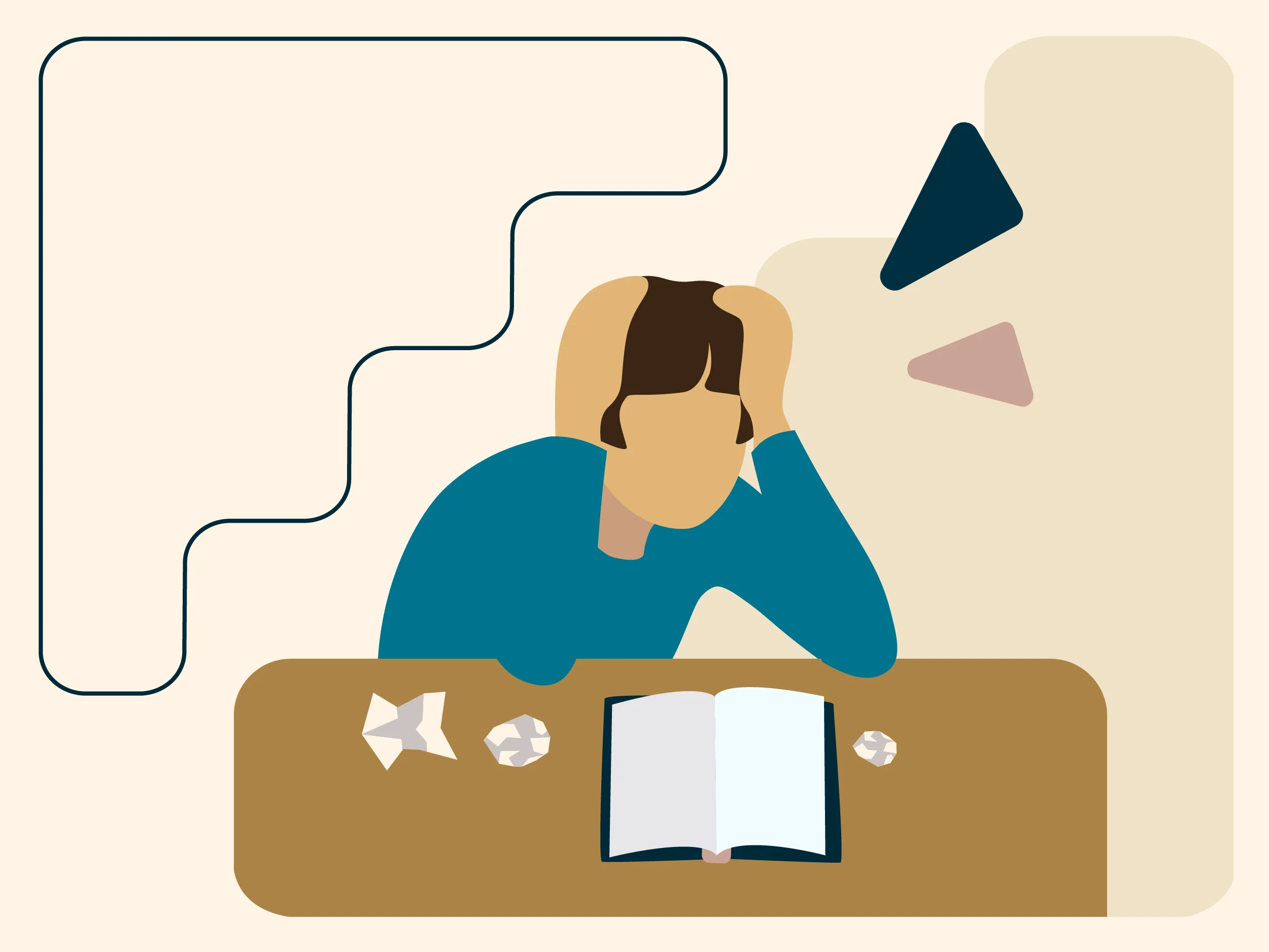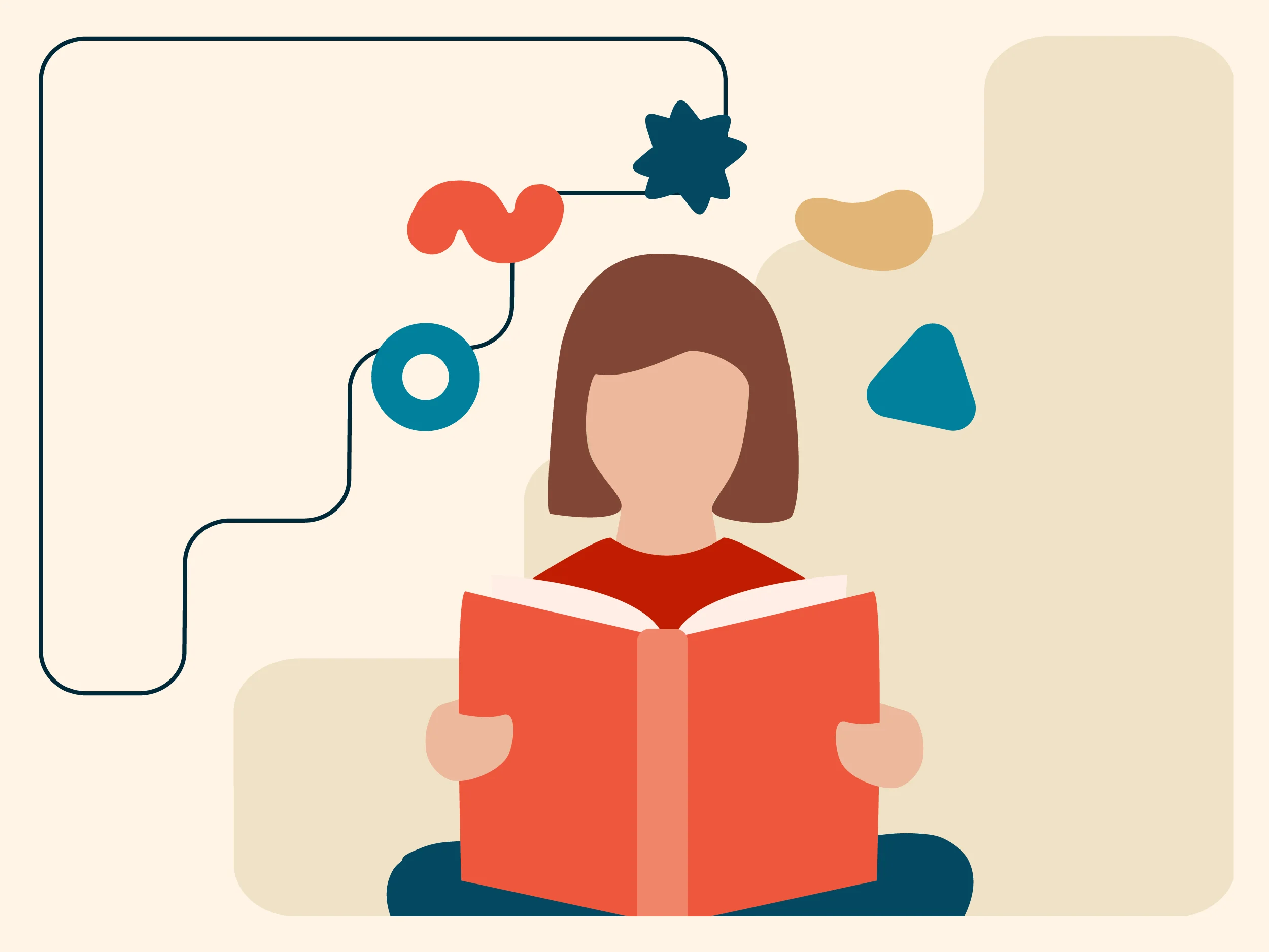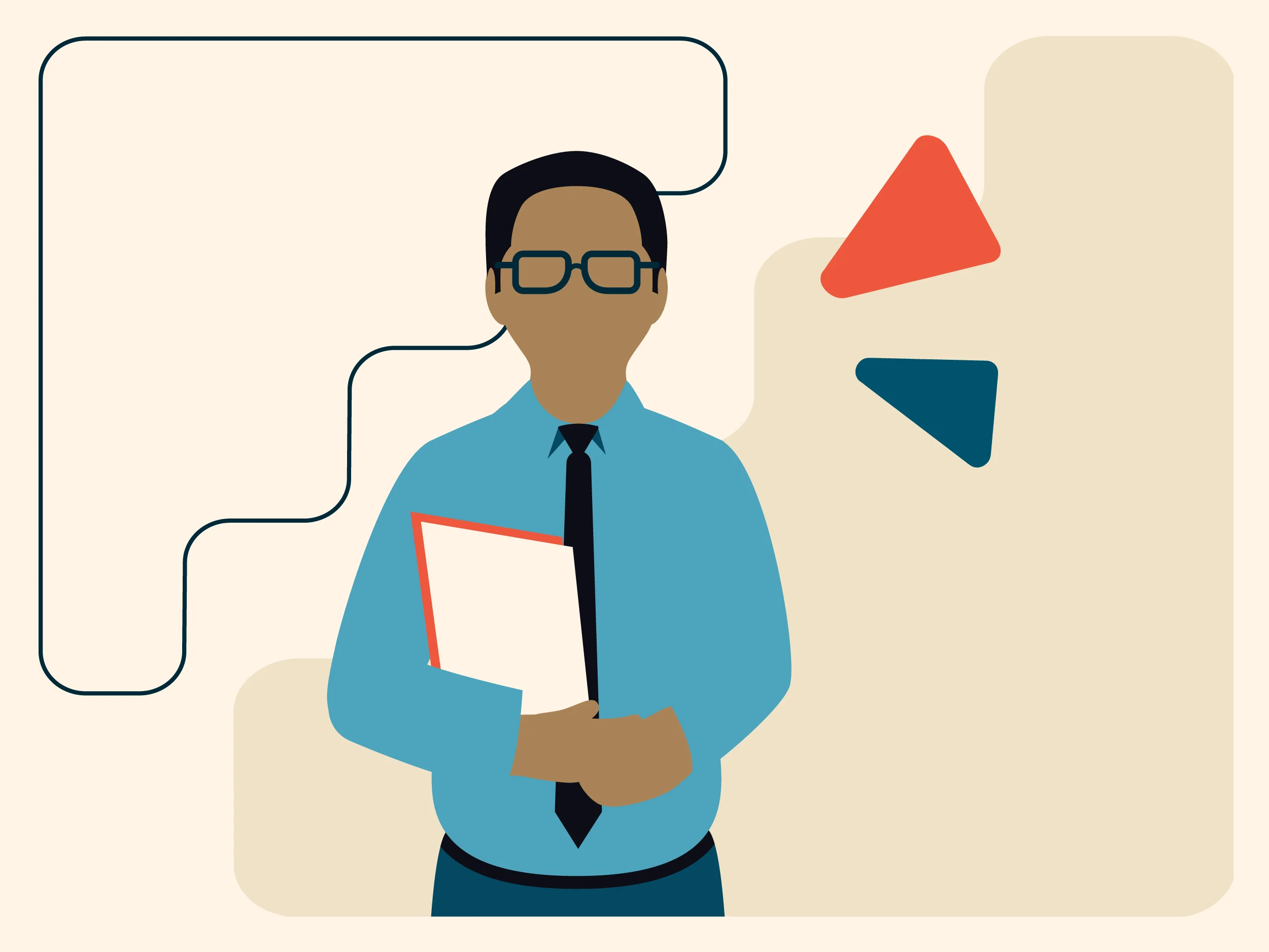IEPs: For younger kids and older kids
Watch the episode, listen to the audio, or read the transcript.
Stay in the know
All our latest podcasts delivered right to your inbox.
If you’re the parent of a young child, you may be wondering how special education can support kids during recess. If you have a teenager, you may be focused on getting ready for college or a career. And if your child is in middle school, I have one word for you: puberty.
Special education can provide services and supports from birth through high school. And on this episode of Understood Explains, host Juliana Urtubey will share how these resources can help kids thrive at different ages.
Timestamps
[01:14] Babies and toddlers
[02:52] Preschool and grade school
[06:03] Middle school
[08:44] High school
[12:24] Key takeaways
Related resources
Episode transcript
Juliana: If you're the parent of a young child, you may be wondering how special education can support kids during recess. If you have a teenager, you may be focused on getting ready for college or a career. And if your child is in middle school, I have one word for you: Puberty. Special education can provide services and supports from birth through high school. And I'm going to explain how these resources can help kids thrive at different ages.
From the Understood Podcast Network, this is "Understood Explains IEPs." On this episode, we're talking about IEPs for younger and older kids. My name is Juliana Urtubey and I'm the 2021 National Teacher of the Year. I'm also an expert in special education for multilingual learners. And I'm your host for this season of "Understood Explains," which is available in English y en español.
Quick note for anyone who might be new to the show, this episode has insights and tips that are based on age. But if you want to learn the basics — like what's the purpose of an IEP? — I hope you'll check out the rest of the season, which has a lot of information that can help kids thrive no matter how old they are.
[01:14] Babies and toddlers
I'm guessing that most people who find their way to this podcast have school-aged kids, but I want to briefly mention that babies and toddlers can get services from birth up through preschool. When kids are this young, the services are called "Early intervention." This is part of the federal special education law that's called the Individuals with Disabilities Education Act, or IDEA.
Kids in this youngest age group get an IFSP, which stands for Individualized Family Service Plan. This kind of plan is similar to an IEP or Individualized Education Program, which details special education instruction, supports and services that school-age kids get.
But the services in an IFSP will be provided in your home or daycare center, or some other setting that feels natural to your child. The IFSP will also include ways parents can help. And here's an example. Let's say your child is about to turn two and isn't saying many words yet. Your child may qualify for speech and language therapy. Part of the IFSP may encourage you to talk more at home or read more books aloud so your child is exposed to more words.
If your child still needs services as they get closer to turning three, the team will talk about transitioning to an IPP. And in some states, early intervention services can be extended up to the child's fifth birthday. Understood has a good article if you want to learn more about early intervention and IFSPs. I'll put a link in the show notes.
[02:52] Preschool and grade school
Kids can qualify for IEPs as early as age three, and there are four things I want you to know about IEPs in preschool and grade school.
Tip number one: It's really important to help kids get the support that they need as early as possible. This is true whether the challenges with academics or behavior or social skills or any other kind of skill. Waiting for kids to grow out of something can make it harder for them to catch up with their peers. Waiting can also take a big toll on their self-esteem. So, as a parent, it's good to be proactive.
Tip number two: Getting an IEP does not mean that your child will be labeled for life. Many kids stop receiving services long before they graduate. This is called exiting special education. It happens when kids make so much progress that they no longer need this kind of school support. Also, getting an IEP does not mean that your child will have to spend all day in a separate classroom. Most kids with IEPs spend most of the day in general education classrooms.
Tip number three: As your child grows and changes, your child's IEP will grow and change too. And one of these changes can be to the primary disability category on your child's IEP.
Here's an example. Let's say your child is in preschool and gets an IEP for speech or language impairment. As your child gets older, trouble with reading or spelling may become a big issue. The evaluation team may shift your child's disability classification from speech or language impairment to a specific learning disability. If you want to learn more about IEPs and disability categories, you can go back and listen to Episode 5.
Tip number four is about recess. Recess is an important time for kids to get their energy out. It's also an important time to interact with peers. You can work with the IEP team to make sure your child isn't missing out on recess. And here are some of the ways that you can try to do this. If your child keeps missing recess because they need to finish schoolwork, you can talk with the IEP team about possibly modifying your child's workload, like maybe doing half of the daily math problems instead of all of them.
And if recess keeps getting taken away as punishment, it's important to advocate for your child. Teachers aren't supposed to take recess away. It's not best practice. And in some states, there are even laws that prevent schools from withholding recess as a punishment. If your child has trouble with behavior, you can ask the IEP team to include behavior supports. And if you want to learn how to do this, go back and listen to Episode 9, which is about how IEPs can help with behavior challenges.
You can also ask the IEP team to include a social skills goal. Now, it's possible that a special educator can work with your child on the playground. But the reality is that this can be a big staffing challenge for a lot of schools. So, be open to the idea of getting social skills instruction during some other time of the day, and using recess to practice those skills. Understood has a good article on what to do if teachers take recess away from kids who have ADHD. I'll put a link in the show notes.
[06:03] Middle school
Middle school can be a big transition for a lot of kids, so I want to go over some common challenges and ways IEPs can help. One challenge is that schoolwork gets harder in middle school, where your middle schooler will be expected to learn a lot on their own. Academics get tougher. They'll be more homework, more reading, more writing. So, the IEP team may need to revisit your child's goals and accommodations.
Also, if your child is learning English as an additional language, those language services may need to continue through middle school. As I mentioned in the previous episode, children typically need 5 to 7 years to master academic English.
Another part of middle school that can be tough is changing classrooms throughout the day. Middle school campuses also tend to be a lot bigger than grade schools, so your child will need to figure out where to go and what to bring with them, especially if they're lockers far away. An IEP can help by teaching your child organization strategies. Even small things can help a lot, like figuring out exactly how long it takes to get from lunch to science class. That way your child will know when to leave so they won't be late. This is one of the many ways an IEP can help with academic and nonacademic skills.
Another common middle school challenge is going from having 1 or 2 main teachers to having many teachers, and these teachers may be less familiar with your child and might not know or remember what accommodations are in your child's IEP. You can help by giving each teacher a copy of your child's IEP and a summary, so that they can quickly review the most important details. I'll put a link in the show notes to a template that you and your child can use to create a one page summary.
And the last big middle school challenge I want to mention is puberty. Bodies are changing and middle school friendships are becoming more important and more complicated. And a lot of kids struggle to remember things like putting on deodorant each morning or knowing where to go if they need a tampon or maxi pad. Puberty can have an especially big impact on kids with ADHD.
If your child takes ADHD medication, it may be less effective as your child's hormone levels change. So, if your child is suddenly having more behavior issues, or if your child's dosage changes, talk to the school nurse. They can work with the IEP team and help figure out the best way to support your child.
This is a good idea in general, but it might be especially helpful towards the end of grade school and during middle school. Understood has some good resources for middle school families, including a great article on ADHD and puberty. I'll put a link in the show notes.
[08:44] High school
OK. There are three aspects of special education that are really important for you to know about if your child is in high school. IEP meetings, transition planning, and revaluations. With IEP meetings, the school has to start inviting students by the time they reach a certain age.
This is usually between 14 and 16, depending on which state you live in. Kids can start going to these meetings a lot earlier, like middle school or even grade school, but by law, they must be included as they get closer to the end of high school. Going to IEP meetings can help kids work on their self-awareness and self-advocacy skills.
But there's another big reason for inviting teens to the IEP meeting. Special Education law says by age 16, every student with an IEP needs to have a transition plan. This part of the IEP helps teens decide what they want to do after high school. It also helps them set specific goals for starting college or career. I want to give you a few examples of what these goals can look like.
Let's say I have a 12th-grader named Tonya who loves to play sports. Here are three transition goals in Tonya's IEP. By December 15th, Tonya will complete a career assessment to identify careers that match her strengths, skills, interests, likes, and dislikes. By March 1st, Tonya will identify certificate programs for sports-related jobs like lifeguarding or coaching. By June 1st, Tonya will research job opportunities related to sports and will complete an application for at least one job.
The transition plan needs to detail how the school will help Tonya achieve these goals, and the plan can be flexible. The goals can change as Tonya's interests change.
I also want to mention that it's possible for students to stay in high school after their senior year. It all depends on what the goals in your child's IEP are. It's possible to keep receiving special education services up until the age of 21 or 22, depending on what state you live in. But the big picture here is that transition planning can help kids take steps to get ready for life after high school. Understood has a good article with more details about transition planning. I'll put a link in the show notes.
The last thing I want to mention about IEPs in high school has to do with revaluations. Now, by law, all kids with IEPs need to get re-evaluated at least once every three years. And it's very common for parents and schools to agree to do a records review. That's instead of the kind of testing schools do as a part of an initial evaluation.
But here's why you may want to update the testing as your child approaches the end of high school. Does your child know or think there's a chance that they want to go to college or vocational school? If so, the IEP team can help your child get ready to request accommodations in those settings. This would include extra time on exams or digital textbooks with read-aloud technology.
Whatever it is that your child needs, they'll have to prove to the college or trade school that they have a qualifying disability. And to do this, they need to have been evaluated recently. Some colleges may say the testing can't be more than a year or two old. Some might say three years. It varies. The key thing here is that while your child is in high school, you can get an evaluation for free. But if your child graduates and the college says their testing is out of date, then your child will have to pay for the evaluation.
One more thing about higher education. If there's an accommodation your child thinks they'll need in college. Try to make sure it's in their 12th-grade IEP so that they'll have a record of needing it. This can make it easier to apply for accommodations in college.
[12:24] Key takeaways
OK, folks, that's it for this episode. Here's what we've learned with a few key takeaways.
Special Education law covers kids from birth to the end of high school, which can be 21 or 22 for some students. But getting an IEP doesn't mean your child will be labeled for life. Many kids stop receiving special education long before they graduate.
Puberty can add to the challenges of middle school, especially for kids with ADHD. IEPs for teens need to include goals to help them transition to life after high school. And lastly, as kids grow and change, their IEPs can grow and change too.
All right. That's it for the season of "Understood Explains." It's been a pleasure being your guide. I hope you'll stay tuned for any bonus episodes and for future seasons of this show.
You've been listening to "Understood Explains IEPs." This season was developed in partnership with UnidosUS, which is the nation's largest Hispanic civil rights and advocacy organization. Gracias, Unidos! If you want to learn more about the topics we covered today, check out the show notes for this episode. We include more resources as well as links to anything we've mentioned in the episode.
"Understood Explains IEPs" was produced by Julie Rawe and Cody Nelson with editing support by Daniella Tello-Garzon. Video was produced by Calvin Knie and Christoph Manuel, with support from Denver Milord. Mixing and music by Justin D. Wright. Ilana Miller was our production director, Margie DeSantis provided editorial support, and Whitney Reynolds was our web producer.
For the Understood Podcast Network, Laura Key is our editorial director, Scott Cocchiere is our creative director, and Seth Melnick is our executive producer.
Special thanks to the team of expert advisors who helped shape this season: Shivohn Garcia, Claudia Rinaldi, and Julian Saavedra. Muchas gracias, amigos! Understood is a nonprofit organization dedicated to helping people who learn and think differently discover their potential and thrive. Learn more at understood.org/mission.
Credits
Understood Explains IEPs was produced by Julie Rawe and Cody Nelson, with editing support by Daniella Tello-Garzon.
Video was produced by Calvin Knie and Christoph Manuel, with support from Denver Milord.
Mixing and music by Justin D. Wright.
Ilana Millner was our production director. Margie DeSantis provided editorial support, and Whitney Reynolds was our web producer.
For the Understood Podcast Network, Laura Key is our editorial director, Scott Cocchiere is our creative director, and Seth Melnick is our executive producer.
Special thanks to the team of expert advisors who helped shape this season: Shivohn Garcia, Claudia Rinaldi, and Julian Saavedra.
Host
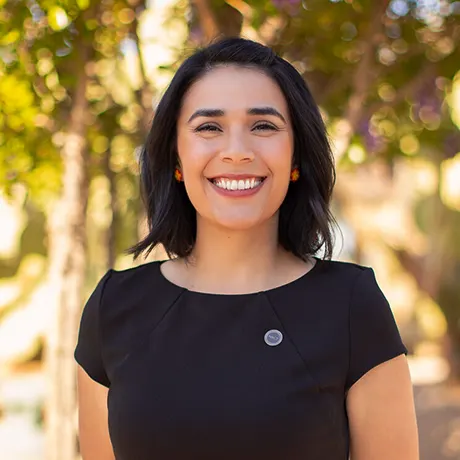
Juliana Urtubey, NBCT, MA
is the 2021 National Teacher of the Year. As a special educator, she believes all kids have a right to be included and celebrated in what she calls a “joyous and just education.”
Latest episodes
Tell us what interests you
Stay in the know
All our latest podcasts delivered right to your inbox.

